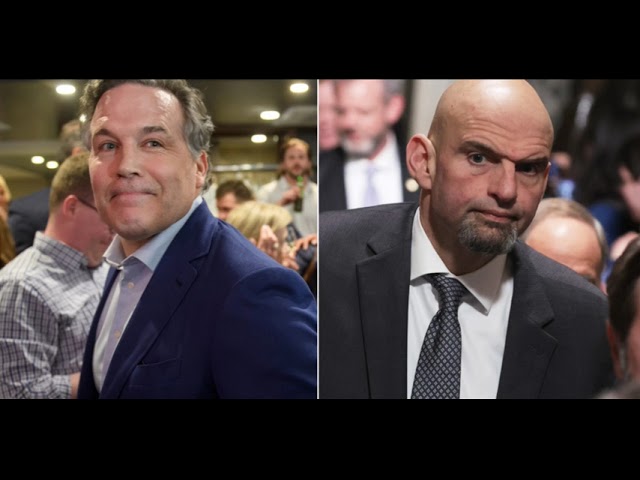Lower courts ruled that the GOP lawmaker lacked legal standing to sue over the Illinois election law.
The Supreme Court said on June 2 that it will consider a congressman’s challenge to an Illinois law that allows ballots received up to 14 days after Election Day to be counted.
A victory for the petitioner, Rep. Michael Bost (R-Ill.), could open the door to more lawsuits being filed in other states against the late counting of ballots.
The court granted the petition in Bost v. Illinois State Board of Elections in an unsigned order. The court did not explain its decision. No justices dissented.
Lower courts rejected the argument of Bost, who said the law extending counting beyond Election Day conflicts with federal law.
Bost said in the petition filed on Nov. 19, 2024, “Federal law sets the first Tuesday after the first Monday in November as the federal Election Day.”
“Several states, including Illinois, have enacted state laws that allow ballots to be received and counted after Election Day,” but these laws are preempted, or overridden, by the U.S. Constitution’s elections and elector clauses, the petition says.
Bost sued in 2022, but a federal district judge ruled that he lacked standing to proceed.
Standing refers to the right of someone to sue in court. The parties must show a strong enough connection to the claim to justify their participation in a lawsuit.
The U.S. Court of Appeals for the Seventh Circuit affirmed the district judge’s ruling.
The Supreme Court is expected to hear the case in its next term, which begins in October.
This is a developing story. This article will be updated.








